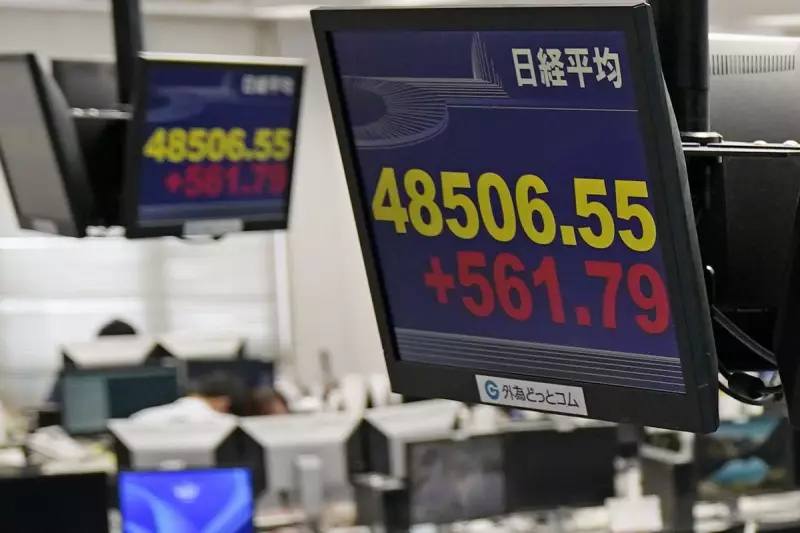
In a bold strategic move that could reshape the global technology landscape, Japan is forging an unprecedented alliance with leading artificial intelligence companies to establish its own sovereign AI capabilities. The Japanese government has initiated talks with tech titans including OpenAI, Nvidia, and other key players in what industry insiders are calling a "technological declaration of independence."
The Rising Sun's AI Revolution
This landmark initiative represents Japan's most significant push yet to reduce its dependency on American AI technology. According to sources familiar with the matter, the Japanese government aims to create a domestic AI ecosystem that can compete directly with established US and Chinese systems.
The collaboration extends beyond simple technology transfer. Japan is seeking to develop custom AI models specifically tailored to Japanese language nuances, cultural contexts, and business requirements that current Western-developed systems often struggle to comprehend accurately.
Strategic Partnerships and National Security
Nvidia, the semiconductor powerhouse whose chips power most advanced AI systems worldwide, is expected to play a crucial role in providing the hardware infrastructure necessary for Japan's AI ambitions. Meanwhile, OpenAI's involvement suggests knowledge sharing around large language model development and safety protocols.
This partnership emerges against a backdrop of growing global concern about technological sovereignty. Many nations are increasingly wary of relying too heavily on AI systems controlled by foreign corporations or governments, particularly for critical infrastructure and national security applications.
Economic Implications and Global Competition
The Japanese initiative signals a significant shift in the global AI race. While the United States and China have dominated artificial intelligence development and investment in recent years, Japan's substantial technological expertise and manufacturing capabilities position it as a formidable third contender.
Industry analysts suggest this move could accelerate AI innovation globally while simultaneously fragmenting the market along national lines. The development of region-specific AI systems tailored to local languages, regulations, and cultural norms may become the new frontier in technological competition.
As one Tokyo-based technology analyst noted, "This isn't just about catching up—it's about taking a different path entirely. Japan recognises that AI shaped by Japanese values and priorities may serve its society better than adapted Western models."





